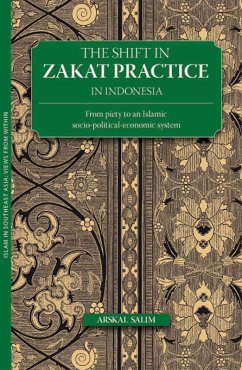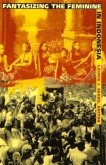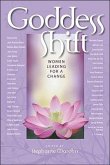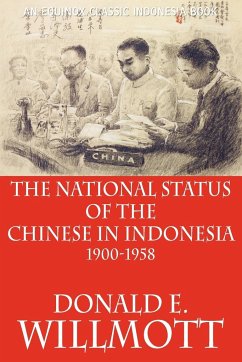Zakat, one of Islam's Five Pillars, is the practice of giving a fixed proportion of one's financial assets to those in need, thereby purifying both one's soul and one's remaining wealth. In Indonesia, since the coming of Islam, zakat has been a means of worship, and its collection has been voluntary and decentralized. Arskal Salim's study argues that in the post-New Order regime (1966-1998) zakat practice changed structurally and institutionally through the enactment of a law on zakat management, followed by the establishment of a national zakat agency. A cultural shift is now in progress with two possible outcomes: either zakat collection will become compulsory and centralized or it will become such an intricate part of taxation law that it loses its spiritual relevance. Arskal Salim is Senior Lecturer at the Faculty of Syariah and Law, Syarif Hidayatullah State Islamic University (UIN), Jakarta.
Hinweis: Dieser Artikel kann nur an eine deutsche Lieferadresse ausgeliefert werden.
Hinweis: Dieser Artikel kann nur an eine deutsche Lieferadresse ausgeliefert werden.








